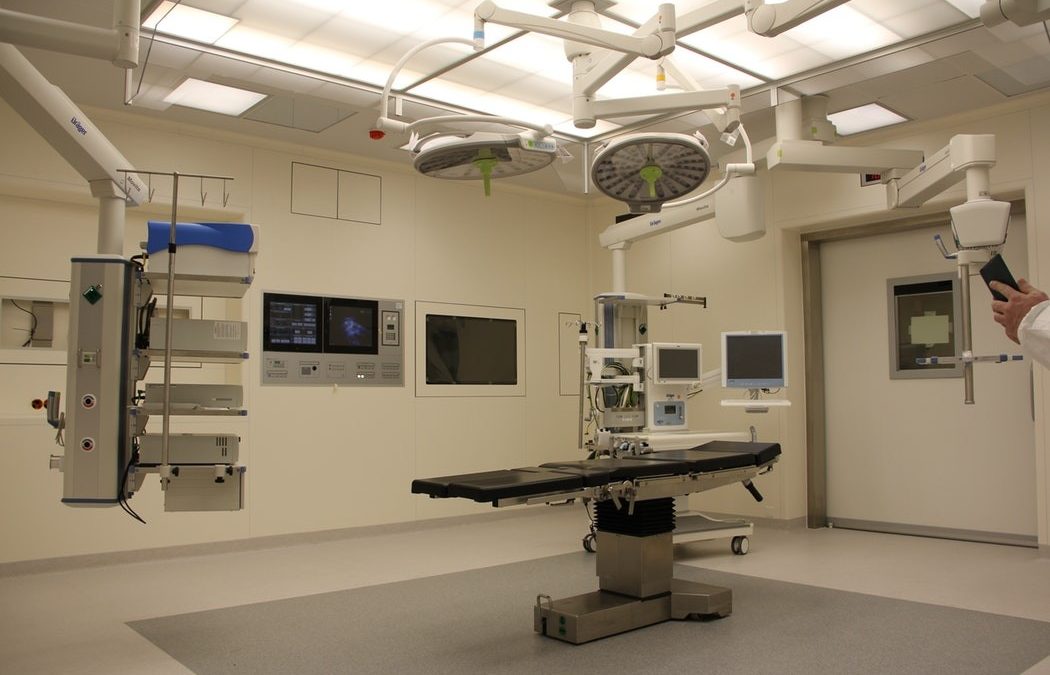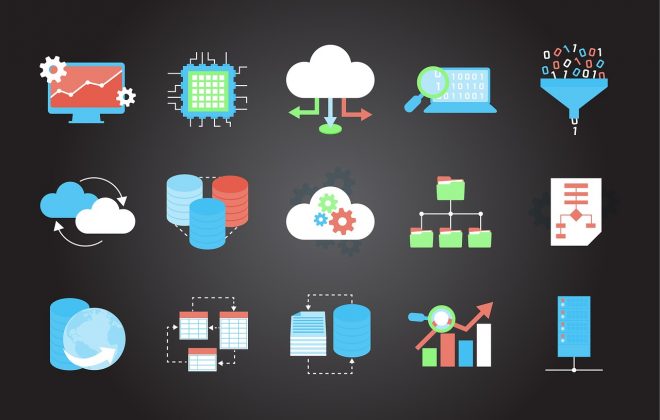Key Tech Investment Areas for Smart Hospitals
Technology is eating the world. Today every aspect of our lives, every industry, every sector has been transformed because of technology. Do we even remember the days of the landline? Do we remember how the older banking format worked? Can you imagine waiting for a web page to load for more than 10 seconds? Even 10 seconds is a stretch. In a world where technology makes everything instantaneous, it is a wonder why our healthcare systems haven’t jumped onboard of the technology revolution. It wouldn’t be right to say that the healthcare sector hasn’t leveraged technology. At the same time, the scope of technology implementation is so wide in this industry that we can safely say that we have only but scratched the surface.
‘Smart Hospitals’ is the next frontier that the healthcare segment has to cross. Technology is redefining the future of healthcare. Now.
Why Smart Hospitals?
According to a report by Frost & Sullivan, “by 2025, 10 percent of hospitals across the globe will become or will have started implementations to become smart hospitals”. The research forecasts the market opportunity for smart hospitals totals approximately $11 billion. The objectives of smart hospitals are simple – it revolves around enabling greater operational efficiency, clinical excellence, and patient centricity. With smart hospitals, healthcare providers can enforce better quality of care, implement personalized care approaches, reduce medical errors, gain better operational excellence, reduce wastage and achieve better patient outcomes. In the age of the ‘consumerization of healthcare’ smart hospitals ensure an optimal patient experience that allows for better revenue generation.
Technologies that enable the smart hospital ecosystem
Smart hospitals employ the use of technologies such as mobile, cloud computing, data analytics, RFID, sensors etc. to improve clinical workflows, operational efficiencies and consequently improve patient care and outcomes.
Cloud Computing
Cloud computing is one of the most significant steps a healthcare organization should take in order to become a smart hospital. Cloud technologies give them the capability to expand their infrastructure in a scalable manner without spending too much on on-premise tools and incur heavy hardware infrastructure expense. The Cloud serves as the foundation to increase information storage, and support other parts of the IT infrastructure such as IoT, mobility and data analytics. Cloud technology is the enabler of the interconnected network that ensures that the users have access to all healthcare-related information, data and applications on-demand and from any location. The cloud helps healthcare providers scale operations, launch new services, improve information management, and improve administrative capabilities such as registrations, billings etc. and improve business agility.
RFID
Presently there are approximately 7 billion RFID tags in use in the retail sector alone. RFID technology can contribute significantly to the smart hospital ecosystem to improve patient safety and reduce hospital costs. RFID tags and sensors can be effectively used to enhance safety via point-of-care scanning that retrieval of a patient’s medical history, medication and meal scheduling and prescribed medicines faster and more efficient. It can be utilized in replacement surgeries to reduce the risks of infections. RFID tags can be significantly useful to keep newborn infants connected with their parents and authorized personnel to eliminate the risk of abduction or unauthorized removal amongst other uses such as improving patient screening processes.
Further, RFID technology can be employed to control supplies and inventories, reduce wastages associated with asset management and improve the efficiency of use of medical supplies by ensuring reliable flows in medical supply ordering and tracking. RFID also helps in implementing quality control to improve the medical facility and patient outcomes. RFID tags are being used to check the viability of organs available for transplanting, reduce errors in laboratory processes, track lab equipment such as slides, test tubes etc. for better safety and inventory control, assist in the better accounting of instruments and equipment associated with surgical procedures amongst others as these facilitate end-to-end traceability. RFID technology can tremendously help in making hospitals smarter by improving personnel management and make more efficient use of manpower available at hand.
Sensors
Sensors are touted as the game changers of healthcare technology. With IoT establishing itself firmly in the digital landscape, smart sensors can be employed in the smart hospital ecosystem to improve patient outcomes. Smart sensors can be utilized to alert doctors in the event of any medical anomaly. Injectable biosensors can be used to detect early-stage cancer. Neural devices can be used to manage conditions such as rheumatoid arthritis or Parkinson. High-resolution sensors give doctors and patients the capability to manage real-time chronic conditions such as multiple sclerosis, heart conditions etc. Along with this, sensors can also be used to ensure correct dispensing of medications, hospital equipment and medical devices monitoring, surgical room availabilities, identify patients, trigger alarms, track healthcare workers, and consequently improve operational efficiencies that ultimately help in improving patient care.
Data Analytics
You can only manage what you can measure. With smart hospitals being a goldmine of data, data analytics can be used to effectively across the care continuum from hospital management to disease management to redefine healthcare delivery. Because data does not lie, data analytics can be used to improve patient outcomes by predicting the risk of infections, determining the likelihood of diseases, assessing if patients are fit for discharge, and increasing diagnostic accuracy. Data analytics can be employed to establish relationships between variables and associations between past treatments, patient data, and latest medical research to facilitate preventive medicine. It is also the enabler of evidence-based medicine that assists hospitals in improving healthcare quality, improve patient satisfaction, and reduce overall healthcare costs. Data analytics also helps in improving hospital efficiencies by identifying resource drainers, identifying at-risk patients for readmissions, improving machine and administrative maintenance, and assisting hospitals in identifying providers with the most effective products. By leveraging data analytics, smart hospitals can ensure that the right service gets delivered to the right patient and at the right time to drive down hospital costs.
Remote Patient Monitoring
Remote Patient Monitoring electronically collects and transmits medical and other health data from patients in one location to healthcare providers for assessments and recommendations. With the help of this data, doctors can reduce hospital readmission rates and maintain health stability for patients suffering from chronic illnesses such as diabetes or heart diseases by maintaining constant communication between the patient and the physician.
Remote Patient Monitoring gives doctors real-time visualization of the patient’s health and associated health parameters. It also gives physicians the capability to increase their capacity to treat more patients and gives a large section better access to healthcare. It helps in improving the quality of care by making it more proactive than reactive, makes people more accountable for their own health, helps in continuing care outside of the hospital and consequently improves patient engagement. Amongst other things, Remote Patient Monitoring increases operational efficiency, improves medical planning, reduces workloads and positively impacts clinical productivity. This technology can also be used to reduce hospital costs and expand the scope of hospital services and enable value-based care easily by increasing ongoing interactions between clinicians and patients leveraging digital messaging and transmission of biological data.
Given the complexity of the healthcare network, so far, healthcare providers have been focused on digitization of medical records, automation of back-office systems, business intelligence for regulatory compliance etc. Smart hospitals demand the optimization or redesign of existing clinical processes, greater interconnectivity between departments and the digitized networking of interconnected assets to achieve better patient care, achieve better operational efficiency and improve hospital outcomes.
The journey to becoming a smart hospital is not an ‘all or nothing’ proposition. Connect with us to see how you can make these key tech investments smartly.<!– 1527936256669 –>




